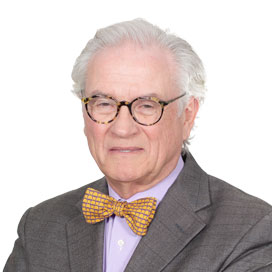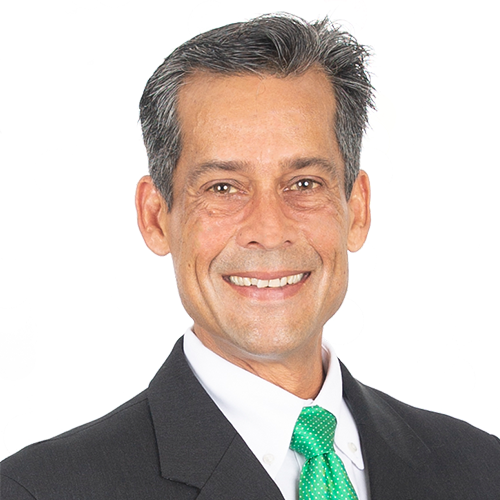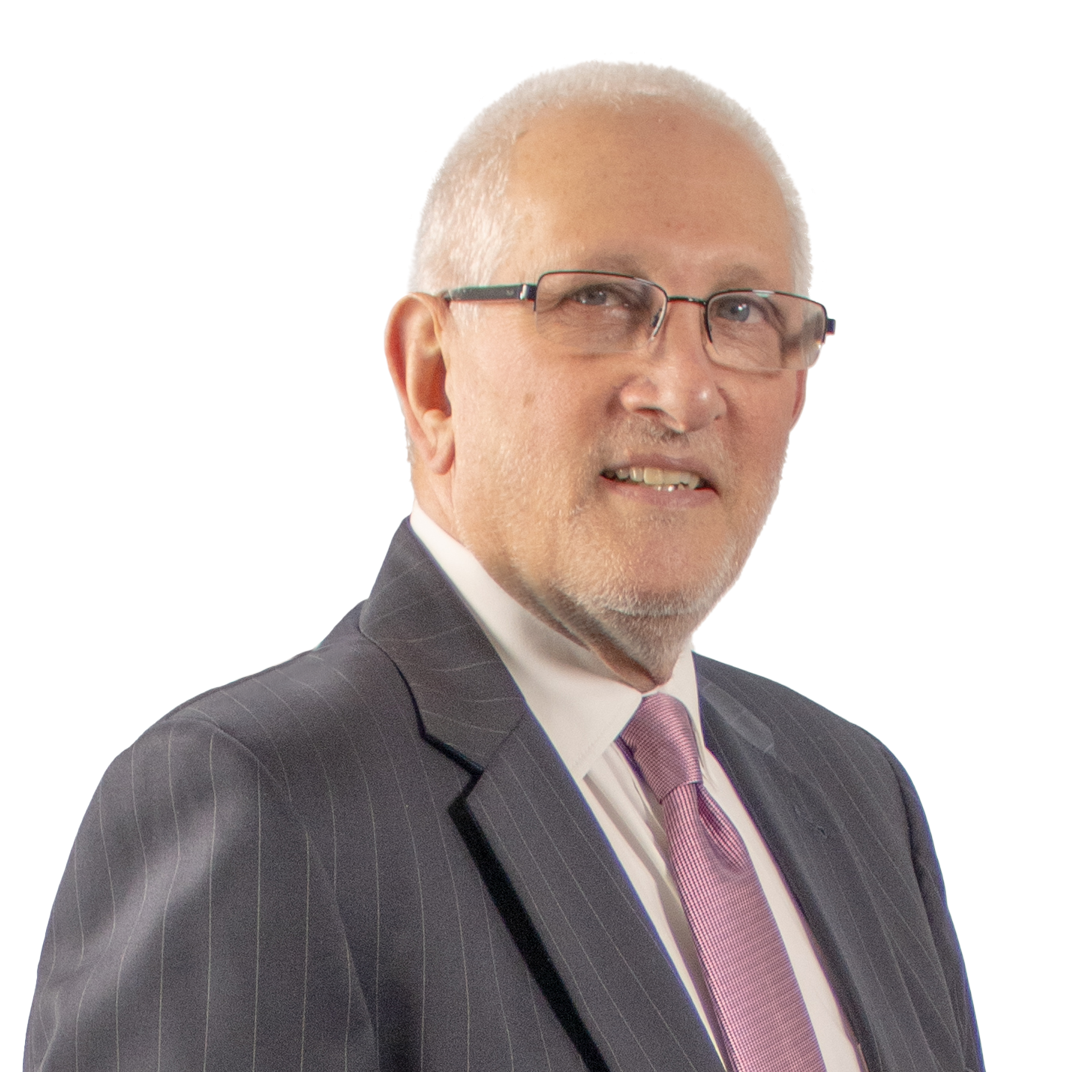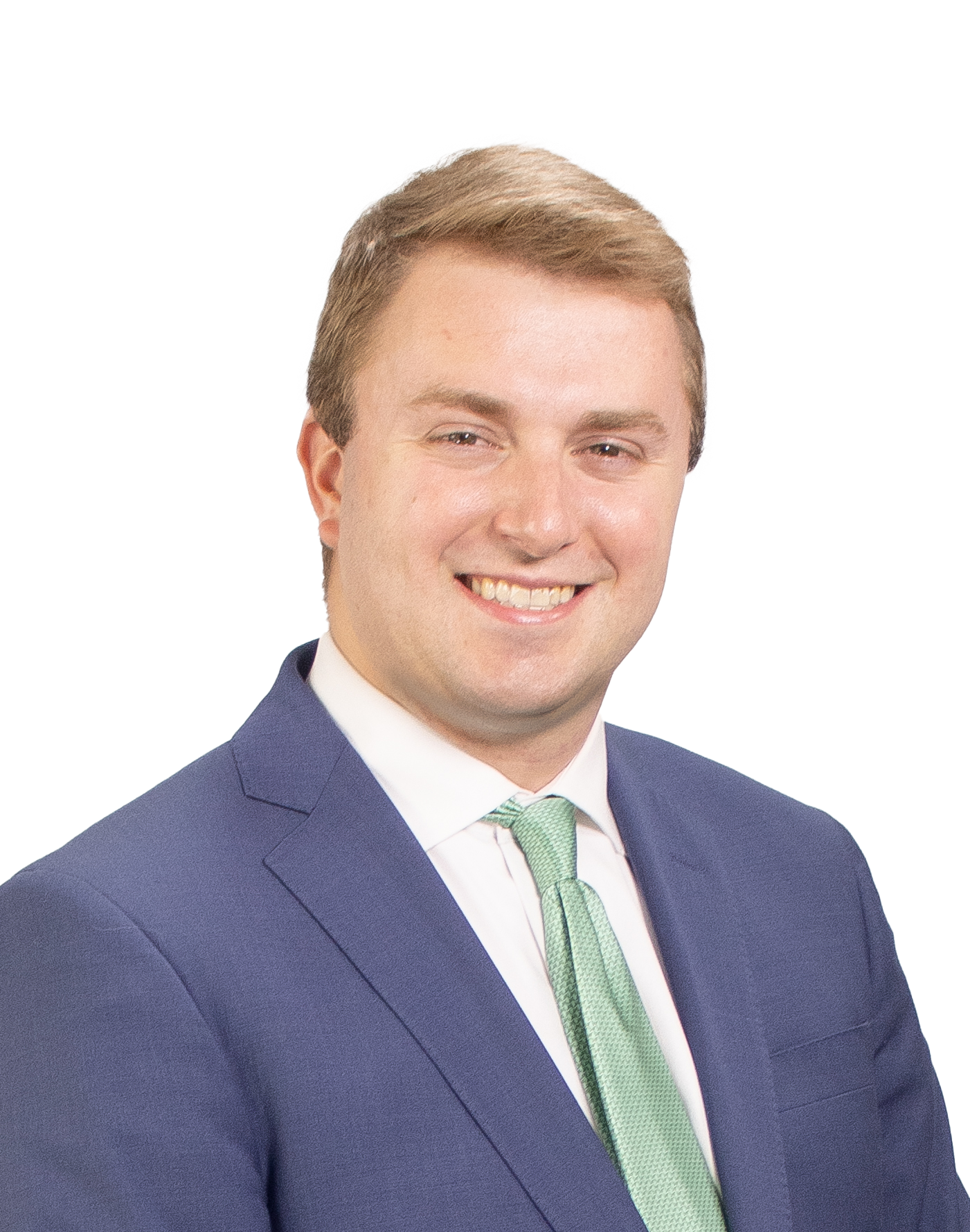Contact Us
Archives
Categories
Put Portability in Your Plan – Changing Gift Tax Exemption Regulations for Spouses
Personal estate plans that reflect yours and your loved ones’ needs can help ease financial burdens for them in the future. New guidance from the IRS takes both yours and your spouse’s estate tax exemptions into consideration, allowing for the option to elect “portability” of your exemptions in certain cases. This opportunity can help to alleviate financial stress for those who have unfortunately lost a spouse, but its implementation is time sensitive, so it’s important to know how and when to act.
Though this may be the least of one’s worries after the death of a loved one, the passing of a spouse may change the course of your giving plans. Exemption portability enables a deceased spouse’s estate to transfer any unused amount of their lifetime gift and estate tax exemption to their surviving partner. This means that the surviving spouse could still utilize the exemption threshold for married couples, which is $24.12 million as of 2022. However, a few steps must be taken to benefit from portability, as exemptions do not automatically transfer.
change the course of your giving plans. Exemption portability enables a deceased spouse’s estate to transfer any unused amount of their lifetime gift and estate tax exemption to their surviving partner. This means that the surviving spouse could still utilize the exemption threshold for married couples, which is $24.12 million as of 2022. However, a few steps must be taken to benefit from portability, as exemptions do not automatically transfer.
To have the option of portability, the executor of an estate will need to file a federal estate tax return. Without filing, even if you are the executor of your spouse’s estate, you will be unable to access their unused gift amounts for your benefit. Fortunately, the IRS has extended the window from 2 years to 5 years during which you may file. This also means that if your spouse has passed away within in the past 5 years, you can still be eligible for portability election if you file soon.
The lifetime estate and gift tax exemption for individuals is set at $12.06 million – for now. This temporary increase in exemption will expire on January 1, 2026, after which it is set to decrease by half. Between two spouses, there’s a risk of losing close to $10 million in untaxed gift amounts if you wait to give after that date. You can read about strategies for capturing current exemptions in our recent update.
With potential major changes coming to estate planning regulations, understanding yours and your spouse’s goals is more important than ever when making these key financial decisions. To discuss strategies, including portability, that will benefit you and your loved ones most, contact McBrayer’s estate planning team today.
This blog was authored by the McBrayer Estate Planning Group.
 Ivan Schell is a Member of McBrayer PLLC. His multifaceted legal practice includes estate planning and administration, private foundation and public charity formation and planning, physician practice consultation and healthcare law, employee benefits law, and closely-held corporation planning transitions. He can be reached at ischell@mcbrayerfirm.com or by calling 502.327.5400, ext. 2351.
Ivan Schell is a Member of McBrayer PLLC. His multifaceted legal practice includes estate planning and administration, private foundation and public charity formation and planning, physician practice consultation and healthcare law, employee benefits law, and closely-held corporation planning transitions. He can be reached at ischell@mcbrayerfirm.com or by calling 502.327.5400, ext. 2351.
 Sean Mumaw is a McBrayer Member practicing out of both the Louisville and Lexington offices. His practice area focuses on estate planning but also includes tax (estate, gift, income, and inheritance), general business law, business succession planning, real estate, and the like. He can be reached at smumaw@mcbrayerfirm.com or 502.327.5400, ext. 2304.
Sean Mumaw is a McBrayer Member practicing out of both the Louisville and Lexington offices. His practice area focuses on estate planning but also includes tax (estate, gift, income, and inheritance), general business law, business succession planning, real estate, and the like. He can be reached at smumaw@mcbrayerfirm.com or 502.327.5400, ext. 2304.
 Alan N. Linker is a Member of McBrayer law in the firm's Louisville office. His extensive experience in managing wealth transfer arrangements, gifts, and legacies makes him an integral part of McBrayer’s estate planning practice. Alan specifically works with the estate plans of high net worth individuals, corporate executives, and their families. He can be reached at alinker@mcbrayerfirm.com or 502.327.5400, ext. 2326.
Alan N. Linker is a Member of McBrayer law in the firm's Louisville office. His extensive experience in managing wealth transfer arrangements, gifts, and legacies makes him an integral part of McBrayer’s estate planning practice. Alan specifically works with the estate plans of high net worth individuals, corporate executives, and their families. He can be reached at alinker@mcbrayerfirm.com or 502.327.5400, ext. 2326.
 Phillip A. Pearson is an Associate of McBrayer Law. His practice focuses primarily on estate planning and administration in addition to tax planning. He works in the firm's Louisville office and can be reached via email at ppearson@mcbrayerfirm.com or via phone at 502.327.5400, ext. 2341.
Phillip A. Pearson is an Associate of McBrayer Law. His practice focuses primarily on estate planning and administration in addition to tax planning. He works in the firm's Louisville office and can be reached via email at ppearson@mcbrayerfirm.com or via phone at 502.327.5400, ext. 2341.
This article does not constitute legal advice. Services may be performed by others.

